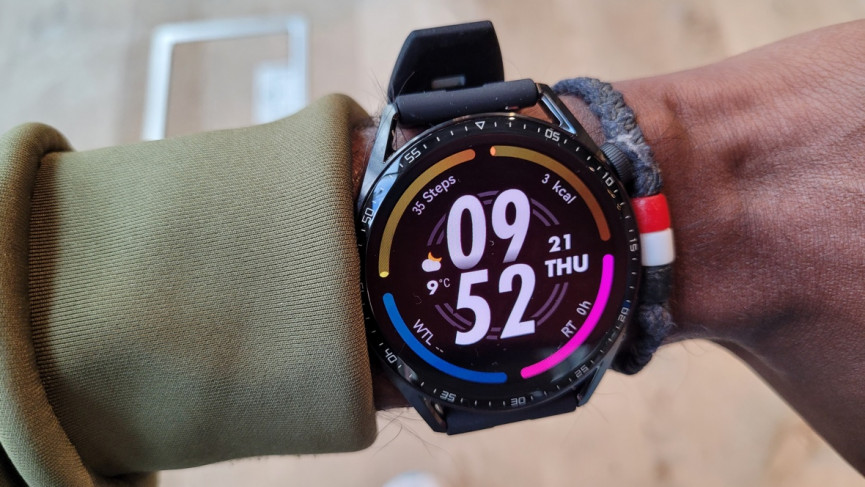June 28,2024
Transformational Journey
by David Stewart
View Slideshow

Architects tend to exhibit little understatement when building overseas. A California firm's Dubai shopping mall with indoor ski slopes aspires to the kind of international notice gained last summer by the conceived-in-Switzerland "Bird's Nest" stadium for the Beijing Olympic Games. Architects tend, as well, to be proprietary about design. When they strive to get something built, it naturally follows that it will carry their own aesthetic signature.
In the acrid slums of Mukuru (among Kenya's largest informal settlements), outside Nairobi, Bernard Wharton has upended the concept of architectural export. He financed, but did not design, a modest facility that bears no connection to the high-end residential realm of his practice, Shope Reno Wharton. Here, on the metaphorical and actual other side of the world from their home in leafy Connecticut, Wharton and his wife, Jennifer Walsh, have moved beyond architecture to invest themselves in the noblest type of building.
In 2006 the couple took their four children (teenagers to young adults) on a two-week safari in Kenya's Masai Mara. The tour company, Micato Safaris, through its nonprofit arm, AmericaShare, offered an optional coda: a daylong philanthropic visit to Mukuru, a landfill-like hash of 20 villages containing 600,000 people and rampant HIV/AIDS. After experiencing the wonders of southwestern Kenya, Wharton and Walsh thought it important that the family glimpse the country's other face, for perspective. "We just had no idea," he says, "how awful it was and how profoundly that little detour would change all of our lives."
As he led them through the bramble of tin-roofed shacks, their guide held on to a piece of paper. It was a sketch ("a crude pencil drawing," Walsh recalls) of an as-yet-unfunded infrastructure development: a dormitory for orphans, a meeting space (ultimately equipped with computers) for an HIV/AIDS women's group and a community center. "Being an architect, I was curious," Wharton says. "I saw three honest, very true buildings—and a purity in the idea of them." Before they boarded the plane for home, he and Walsh knew they would underwrite the entire project, which, as it turned out, was completed for a fifth of what it would have cost in the United States. Explains Walsh: "It was a tangible thing we could do, as opposed to just being overwhelmed by the living conditions there. It was something on a manageable scale that would significantly help these people."
Wharton underscores what he calls the grass-roots aspect of their gift. "There are the Bonos and the Gateses of the world who are making incredible contributions to that continent. But there's also the need for those like us to pick up the smaller things. You hear people say you can't save Africa—there's too much disease, too much poverty.
I'm not in that camp. These are simple buildings by our standards, but there are things happening within them that have never happened before in that region."
The first permanent structure in Mukuru, Harambee Center opened in June 2007. Beyond the original tripartite program, the compound includes a pair of grain mills, and a cafeteria is in operation (the couple once helped serve beef stew to 300 children there). With a goal of self-sufficiency, there is an on-site crafts enterprise, in which the women, says Wharton, are "exploring their entrepreneurial side." During construction a borehole was drilled, creating a rare and needed source of fresh water.
"They wanted to name it the Bernard Wharton and Jennifer Walsh Building," Wharton notes, "but we said absolutely not.
That was never what it was about: It was about the Kenyan people, their traditions and future. We were there to assist and advise, not to put our stamp on anything—and, frankly, part of the problem with Africa is the people who've gone in and had to have their way." Still, for the festive dedication of their new facility, the tribespeople made Wharton—who is looking for a site in the area on which to help build a small medical facility—an honorary Masai elder. "That," he allows, "I loved."






